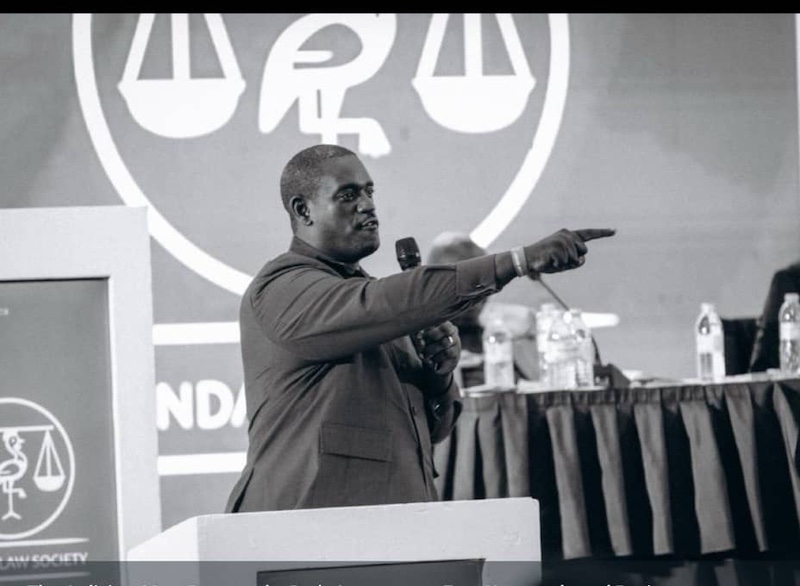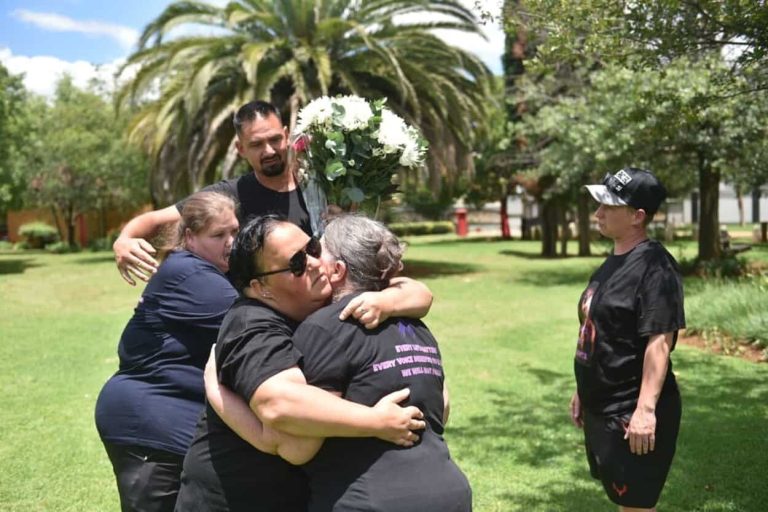
Some colleagues are debating the propriety of recent meetings of the Uganda Law Society (ULS) and the decisions made therein.
That debate must be grounded in fact, guided by law, and faithful to the institutional memory of our Society. These issues are not political or personal; they concern lawful governance, continuity, and respect for the rule of law within our own ranks.
On Monday, the High court will hear an application seeking to halt the Judicial Service Commission (JSC) election scheduled for 18 October, citing confusion about ULS meetings.
Yet, nobody can stop reggae. The rhythm of truth, justice, and renewal cannot be silenced by injunctions or fear. Courts exist to uphold justice, not to enable confusion. What matters is that on 17 September 2025, a duly convened and properly chaired General Meeting of the Uganda Law Society was held at the Imperial Royale Hotel.
That meeting was lawful and validly constituted. If anyone disagrees with its resolutions, that is their right, but disagreement does not invalidate a lawful process. The rule of law begins with truth. In my view, it was a gross constitutional error to convict the president of the Uganda Law Society, Isaac Ssemakadde, without trial, for the colonial-era offence of “scandalising the judiciary.”
The proceedings that led to his conviction were conducted ex parte, without his participation or defence. A conviction entered in the absence of the accused and without a hearing offends the most basic principles of justice.
Article 28(1) of the Constitution guarantees every person a fair hearing before an independent and impartial court. It provides that in the determination of civil rights or any criminal charge, one is entitled to a fair, speedy, and public hearing.
A conviction obtained through ex parte proceedings, without giving the accused an opportunity to be heard, violates that protection and undermines confidence in the justice system.
Article 43 of the Constitution further reinforces this principle. It recognises that the enjoyment of rights and freedoms must not prejudice the rights of others or the public interest, but it also draws a firm line: public interest shall not permit political persecution, detention without trial, or any limitation of rights beyond what is demonstrably justifiable in a free and democratic society.
This means that no authority can rely on public interest to justify a conviction without trial. The Constitution expressly forbids it. The decision to convict without hearing therefore stands in clear contradiction to both the letter and spirit of Article 28 and Article 43.
It was a constitutional misstep that diminishes public trust in the administration of justice. If such an error can occur against the elected head of the Law Society, it raises a serious question about the protection of every citizen’s right to a fair process.
The Society cannot credibly advocate for justice while overlooking injustice within its own walls. That is why I support Isaac Ssemakadde because he has been consistent and principled in advancing the democratisation of the Uganda Law Society, ensuring that members themselves elect their representative to the Judicial Service Commission.
This reform strengthens accountability and restores the Society’s founding principle that the Bar must speak with the collective voice of its members. Since my nomination on 3 December 2024 to contest the JSC election, we have remained consistent in this mission.
Through weekly Judicial Service Conversations and engagements across the country, we have continued to advocate for the use of Article 142(2) to appoint mission-based judges to reduce backlog and restore public confidence in the courts.
The 17 September General Meeting lawfully resolved to proceed with the JSC election and to grant the Council a limited extension to prevent a leadership vacuum. This was neither irregular nor unprecedented; the same approach was adopted in 2015 under similar circumstances.
The law forbids vacancy, not continuity. The ULS has a valid resolution, a clear roadmap, and a membership ready to move forward. The JSC is the bridge between the Bar, the Bench, and the people.
For over a year, that bridge has lacked the voice of the practising lawyer. This election is not merely administrative; it is constitutional. It concerns representation, reform, and the restoration of lawful order. Let the election proceed, let the pending appeals be heard, and let justice be done according to law.
The author is formidable legal adversary and a strong champion for justice



